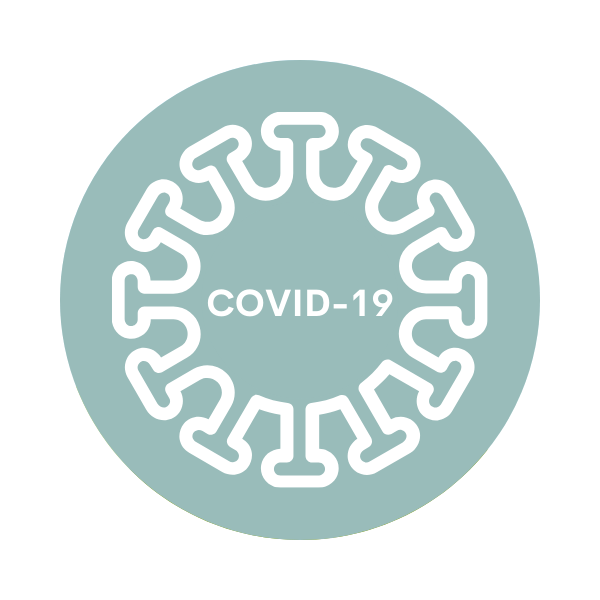NICU Focused Education
Caring for Babies and Families: Providing Psychosocial Support in the NICU
|
This is our most popular offering, as our Full Program includes all 7 content areas that are included in the published Best Practice "Interdisciplinary Recommendations for the Psychosocial Support of NICU Parents."
|
FULL Program: (Offers 8 CEU's- Includes all courses listed below) $70.00
Objectives: • Describe elements of comprehensive family support. • Describe principles and techniques of communication to help support NICU parents. • Identify factors that put NICU parents at risk for Perinatal Mood and Anxiety Disorders. • Describe the benefits of peer-to-peer for NICU parents. • Define ways to involve and empower NICU parents in the care of their baby. • Identify the benefits of palliative and bereavement care programs to families and staff. • Define the ways that NICU parents can be supported during the discharge process. • Define ways in which NICU caregivers can be supported by colleagues and supervisors, and engage in self-care. |
Individual Courses from Caring for Babies and Families:
|
Communication Skills Course: (offers 1 CEU) $10.00
Enhance your communication skills with NICU parents. Learn to act as a coach and mentor to parents; best techniques for delivering bad news; involving parents in collaborative decision-making; principles of trauma-informed care and talking with parents in crisis; and provision of culturally competent care. |
|
Providing Emotional Support to Parents Course: (offers 1 CEU) $10.00
Recognize NICU parents’ increased risk for perinatal mood and anxiety disorders, especially postpartum depression and post traumatic stress disorder; risk factors for these conditions; how to screen for them; and how to provide support to parents to mitigate their risks. |
|
Family-Centered Developmental Care Course: (offers 1 CEU) $10.00
Identify key strategies for involving parents in the developmental care of their NICU baby; how to act as a coach and mentor to parents; how to empower parents; the importance of involving parents to decrease their risk for developing postpartum depression; and the critical importance of skin-to-skin care. |
|
Palliative Care and Bereavement Support Course: (offers 1 CEU) $10.00
Describe key differences between palliative and bereavement care; how and when palliative care should be offered as an alternative to intensive care; components of palliative care programs; and how to talk with parents when their baby is dying or has died. |
|
Discharge Planning and Follow Up Course: (offers 1 CEU) $10.00
Recognize the importance of discharge planning beginning with the NICU baby’s admission; how parents can be provided with emotional support leading up to discharge and beyond; and how NICU staff can prepare parents and ease their family’s transition to home. |
|
Supporting Staff as They Support Families Course: (offers 1 CEU) $10.00
Identify risk factors for burnout, compassion fatigue and secondary traumatic stress syndrome and how to mitigate them; adverse effects of working in intensive care; elements of self-care; and how to create a supportive staff culture. |
Annual Refresher Program:
Coping with COVID: Trauma-Informed Care for Frontline NICU and Pediatric Providers During the COVID-19 Pandemic
|
This is a 3-course program to support frontline care providers with essential skills in providing psychosocial and emotional support to patients and staff during the COVID pandemic.
|
FULL Program: (Offers 2 CEUs- Includes all courses listed below) $20.00
Objectives: • Define two principles of trauma-informed care. • Identify two strategies for providing trauma-informed support to maternity patients and new parents. • Identify three maternity care patient populations at greatest risk of experiencing anxiety and depression related to the pandemic. • Define three conditions that are related to the increased mortality rate from COVID-19 in racial and ethnic minorities. • Identify two benefits and two drawbacks of using telehealth resources to deliver health care. • Define two principles that argue against separating COVID positive mothers from their babies after delivery. • Define three mental health risks to health care providers that may result from working during the COVID-19 pandemic and ways to mitigate them. |
Individual Courses From Trauma Informed Care for Frontline NICU and Pediatric Providers during the COVID-19 Pandemic:
|
Communication Skills Course: (offers 1 CEU) $10.00
Enhance your communication skills with NICU parents. Learn to act as a coach and mentor to parents; best techniques for delivering bad news; involving parents in collaborative decision-making; principles of trauma-informed care and talking with parents in crisis; and provision of culturally competent care. |
|
Providing Emotional Support to Parents Course: (offers 1 CEU) $10.00
Recognize NICU parents’ increased risk for perinatal mood and anxiety disorders, especially postpartum depression and post traumatic stress disorder; risk factors for these conditions; how to screen for them; and how to provide support to parents to mitigate their risks. |
|
Giving Birth During the COVID-19 Pandemic: Using Trauma Informed Care to Support Patients, Families, and Staff Through This Crisis (offers 1 CEU) $10.00
This course aims to help providers recognize and address the heightened risk factors for emotional distress which both families and staff face, and how to best support them in the unique care situations created by the COVID-19 pandemic. |














